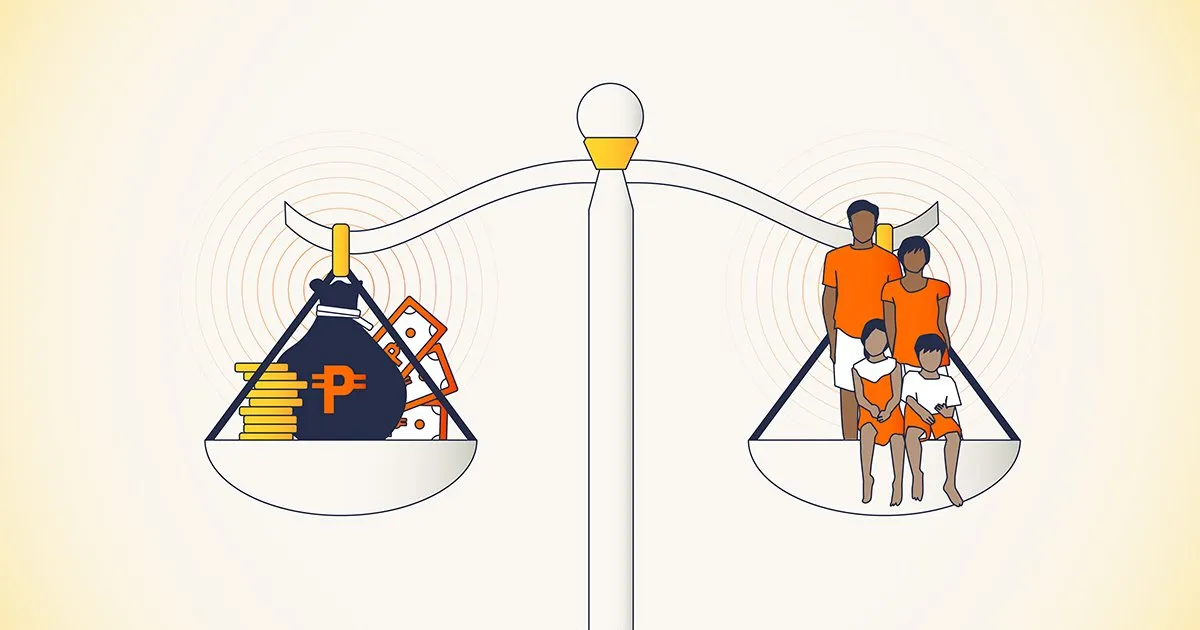Earlier this month, Kabataan Party-list Representative Raoul Danniel A. Manuel re-filed the BPO Workers Welfare & Protection Bill (House Bill No. 8189) to the House of Representatives during the 19th Congress of the Philippines. This proposed bill was first filed during the 14th Congress years ago, but many believe it is likely to pass into legislation this time around, given how the Business Process Outsourcing (BPO) industry has grown in the wake of the Covid pandemic.
Outsourcing in the Philippines
According to figures released by the International Labor Organization (ILO), the BPO sector in the country accounted for 1.6 million workers and brought in around $28 billion in revenue during 2021 alone.
Even before lockdowns hampered economies across the globe, the Philippines had established itself as one of the leading countries to outsource to. Dubbed the BPO capital of the world, the country has taken massive strides towards making the industry attractive (and lucrative) for companies that are chasing the sun to deliver 24/7 customer and data support services, while reducing the costs of employing someone in their country.
The BPO Workers Welfare & Protection Bill
Recently the media lit up when OpenAI (the creators of ChatGPT) and Meta (the parent company of Facebook, Instagram, and Whatsapp) came under fire for unethical labor practices in Africa. It would seem that the true culprit at the center of the fiasco was a company called Sama (formerly Samasource), which offered extensive digital outsourcing services to these tech giants.
It is debatable whether Meta or OpenAI knew about the extent to which these employees were being exploited, though it seems unlikely that they were entirely in the dark. Even ChatGPT, the AI language model that can only access data up until September 2021, appears to be aware of Sama’s controversial labor practices.
The matter has since gone legal and the penalties keep soaring with every new complaint, but it is the unethical conduct and the negative publicity that casts a lasting shadow over the outsourcing industry. This is regretful news for those outsourcing companies who are fighting for equality and fair pay in an industry that is continuously hampered by questionable conduct.
Back to the Philippines, the draft bill filed to Congress aims to address, among other BPO concerns, the contentious issues of job security, stable income, unionization, healthcare, and the paying of a living wage to all BPO employees. These concerns are BPO root problems and, as such, have been difficult to address until now, as is evidenced by the Sama debacle. While there are still employees who are kept on a floating status for months on end without pay or work irregular hours at sub-par wage rates, it is high time to relook employment in the industry. And the Philippines is as good a place as any to start the process.
Once passed, the BPO Workers Act will plug legislative gaps that currently enable employers to circumvent employment laws or exploit their team members. The concern that will undoubtedly have the greatest impact on the individual, as well as the community they live in, is the establishment and implementation of a family living wage for all BPO workers.

The family living wage in the Philippines
According to Indeed.com the average salary of an entry-level BPO worker in the Philippines is PHP 15,407 or USD 282. This is incrementally higher than the average Philippine minimum wage, which amounts to PHP 12,540 or USD 229.50 at PHP 570 or USD 10.43 per day. This does not exactly scream fair pay for services rendered.
For the last two years, Boldr has done extensive research on this wage disparity, collaborated with industry think tanks and universities, and engaged in deep discussions with its team members to understand the implications of rolling out a living wage. During this time, the IBON Foundation conducted a study that aided in establishing a workable family living wage floor for companies to aspire to or implement in their organization. In January 2023, IBON released an official living wage baseline.
“The bold choice to be humane is easy when workers are seen as people and when the business is seen as made of all the people in it,” explains Sonny Africa, IBON Foundation’s Executive Director. “How often can a single choice be so good for workers and their families, and for businesses and the economy?”
We immediately began transitioning team members using this baseline. We moved 55 team members into a living wage bracket and another 15 team members that were above the living wage were adjusted to reconcile the changes across the team, benefitting 70 families in total. On 25 May 2023, Boldr officially became the first BPO to have 100% of their team members in the Philippines earning the family living wage.
Though there were some trials in implementing a living wage, it didn’t live up to the fears expressed by peers and other BPOs. The early adoption of a living wage before it becomes legislation in the Philippines offers us the added advantage of shifting our focus to extending the living wage rollout to our team members in the other countries we operate in.
While Congress resumes, the global BPO industry is waiting to see whether the Philippine government will sign the proposed bill into law, or whether it will once again be passed over, while the rights and welfare of BPO workers fall by the wayside.
According to Glo Guevara, Boldr’s Impact Manager, “Our decision to implement a living wage was underpinned by our belief that every employee, worker, team member, regardless of their background or qualification deserves to live dignified lives for their families. This is the bare minimum. We also believe that doing right by the people behind the success of a company is actually better for businesses in the long run as a healthy and thriving workforce creates a healthy and thriving business.”
For companies interested in securing a global team with the peace of mind that each team member’s welfare is a first priority, please engage with us here. We are a people-first ethical outsourcing company and we are excited to partner with like-minded companies that want to grow their businesses.
James Fouche is the Content Manager at Boldr, as well as an author and a columnist. He is passionate about sharing his love of reading and writing with others.


